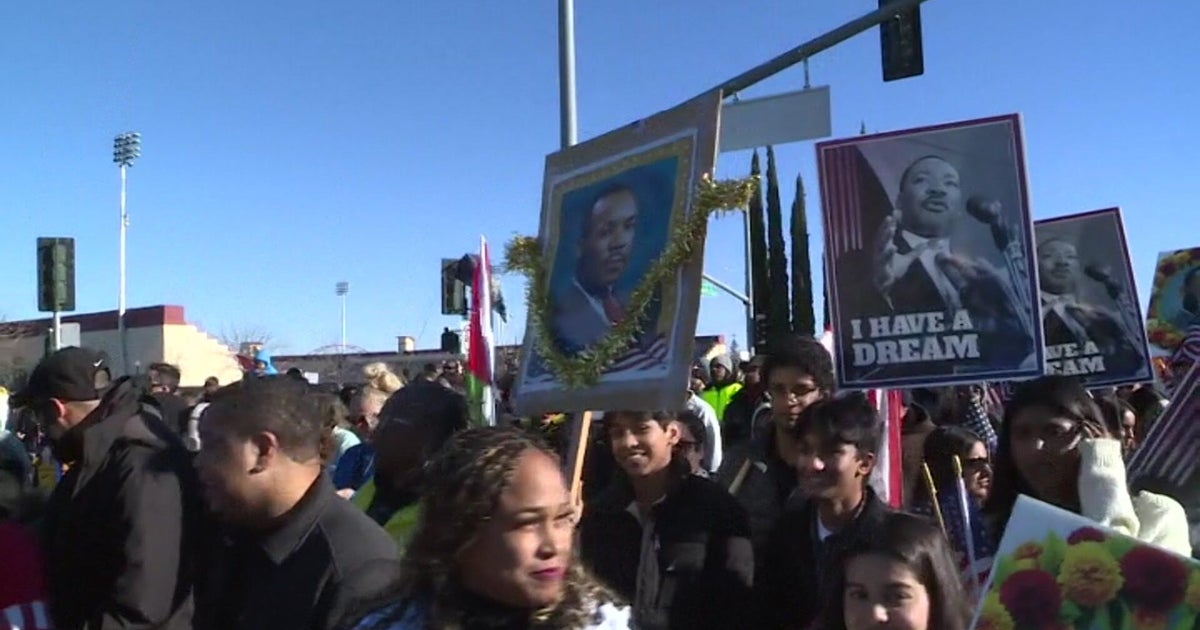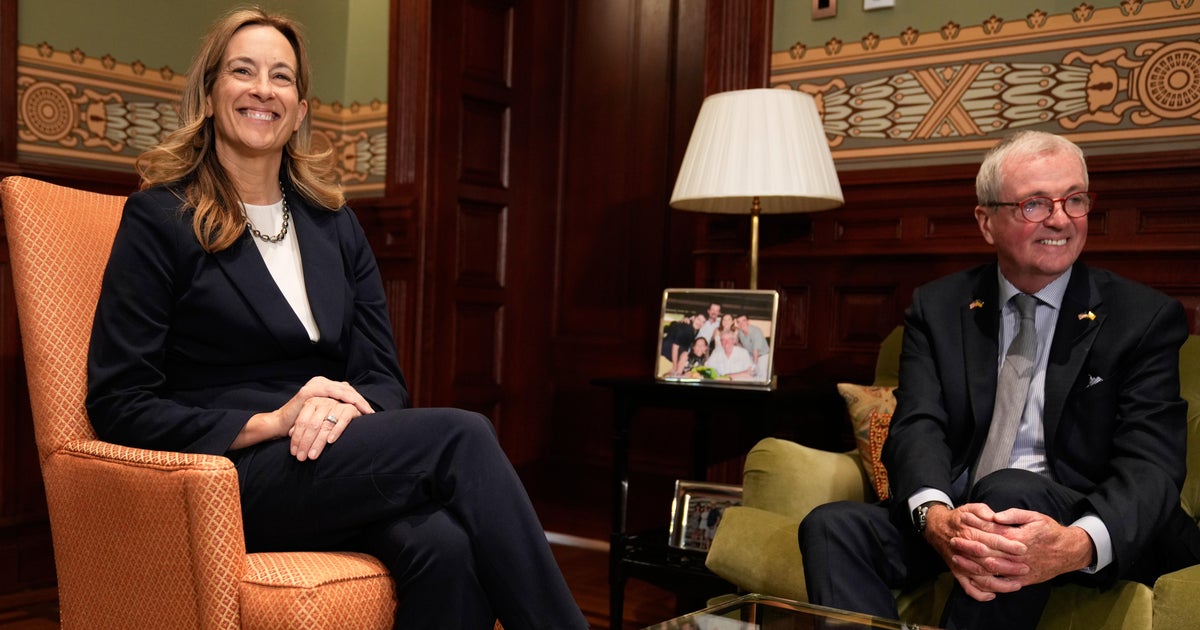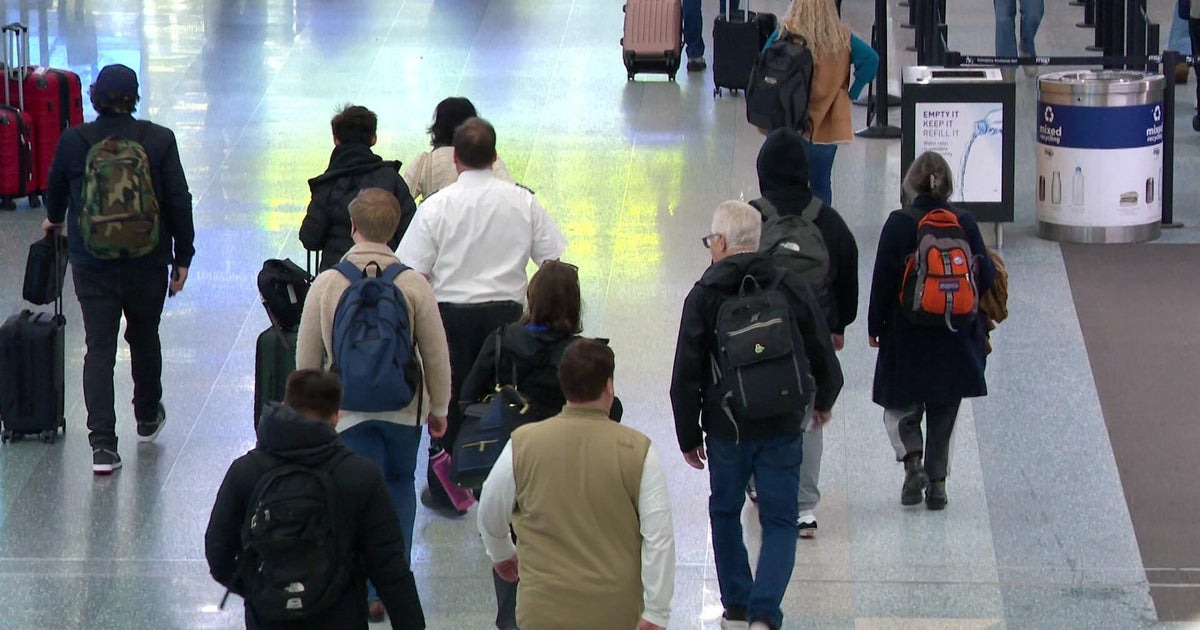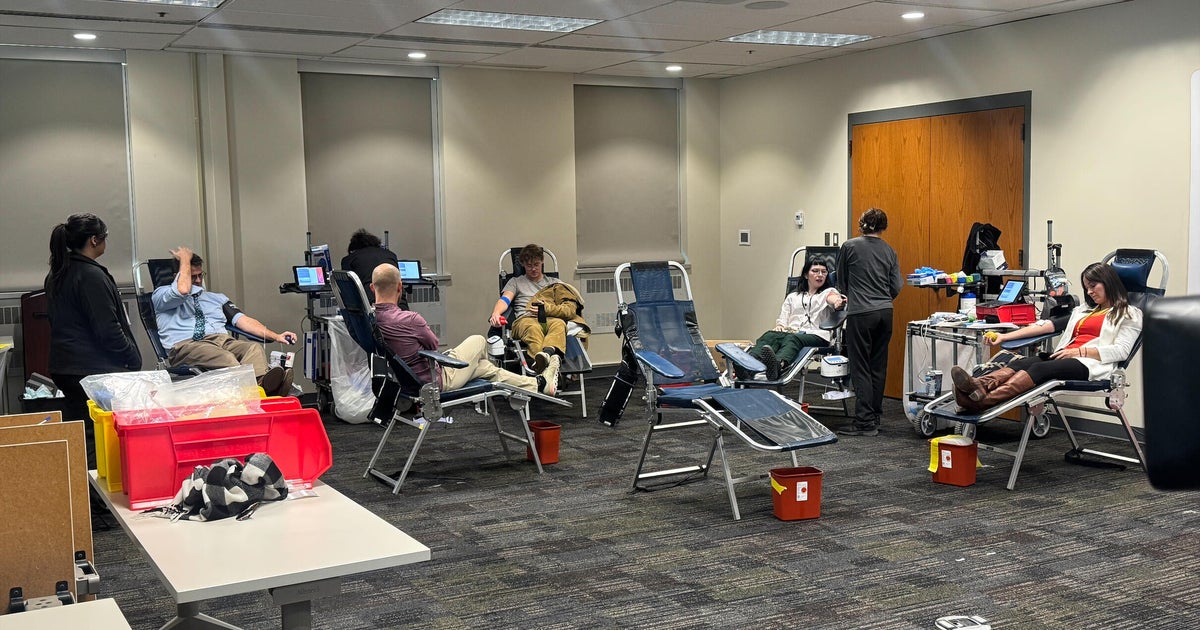Sacramento Emerges As Top Destination For Afghan Refugees
Follow CBS13 on Facebook | Instagram
Follow Good Day on Facebook | Instagram
SACRAMENTO (CBS) - Thousands of Afghani nationals are settling in the Sacramento region after helping U.S. forces during the war. But many are struggling to make ends meet.
As many more refugees and others from the Middle East make their way to California, the need for resources and help to make the transition to life in America remains high.
"When the reality hits, they're just shocked," said Homayra Ghaffari Sorooshian, a family therapist in the Sacramento area.
ALSO READ: Dozens Of Former Refugees Sworn In As US Citizens In Sacramento
Sorooshian speaks Farsi and specializes in helping Afghanis and other immigrants from the Middle East acclimate to American culture.
"Everything from A to Z is unknown to them," said Sorooshian, "how to find a job, how to find a safe place to live, how to buy a car."
Roughly 2,000 Afghanis have made their way to America through the Special Immigration Visa program. They have, at some point, been under contract with the United States as doctors, interpreters or guides -- working alongside American forces during the war in Afghanistan.
"They grew up in a war zone," explained Sorooshian, "it was a very difficult upbringing."
They come to America searching for a better life for their families.
"They are doctors, they are engineers, they are technicians," said Sorooshian.
The Afghanis end up in cities like Sacramento.
"The local community is very much engaged in the city itself, so people feel very welcome," said Yannina Casillas, with the Center for American Islamic Relations.
ALSO READ: Modesto Couple Reunited With Wedding Album Lost In Move From Afghanistan
She says the struggles can begin immediately.
"Language is a big thing," said Casillas.
Breaking that barrier can open doors to opportunity in work and school.
"There are a lot of good resources out in the community and I think that's what attracts people the most," said Casillas.
Sorooshian is helping bridge the gap. But it takes time.
"They really, really are a strong people," she said. "They can be valuable citizens here, but they're lost. They're lost."
Sorooshian says she tries to provide direction for roughly 150 people and families that have sought help with mental stresses and disorders like anxiety and PTSD.
"I have had cases where the Taliban captured them and tortured them because of working with the American army," said Sorooshian.
A major issue for many of Sorooshian's clients are schools and getting children enrolled. Castillas says they've been contacted by several school districts for guidance on how to find translators and help to make the school transition easier.







